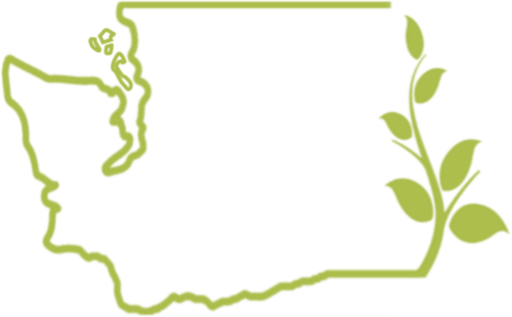Navigating through all the various Climate affiliated organizations is a nearly impossible task. In this section, we attempt to sort just some of the organizations and topics that may be important to Master Gardeners. We’ll miss some, but… give us a break! It is a confusing landscape. We start close to home and work out from there.
WSU affiliated:
At Washington State University, more than 60 departments are active in climate-related research, work that in many cases has been under way for decades. It’s a priority rooted in the university’s land-grant mission of service informed by its science.

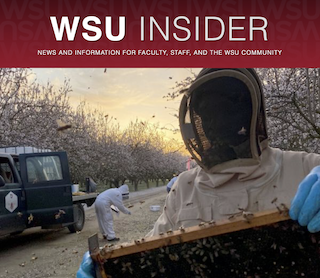
A WSU-led study found that climate change will likely make more good flying weather for honey bees in the autumn — raising the likelihood of colony collapse in the spring. The famous work ethic of honey bees might spell disaster for these busy crop pollinators as the climate warms, new research indicates.
One of the key School of the Environment (SoE) faculty labs driving our scientific understanding and futuristic vision of life on Earth is the Climate Extremes Lab of Dr. Deepti Singh at WSU Vancouver.
Students and research scientists in the Climate Extremes Lab study climate change and variability, focusing on timescales and events affecting agriculture, human health, and global environmental change.
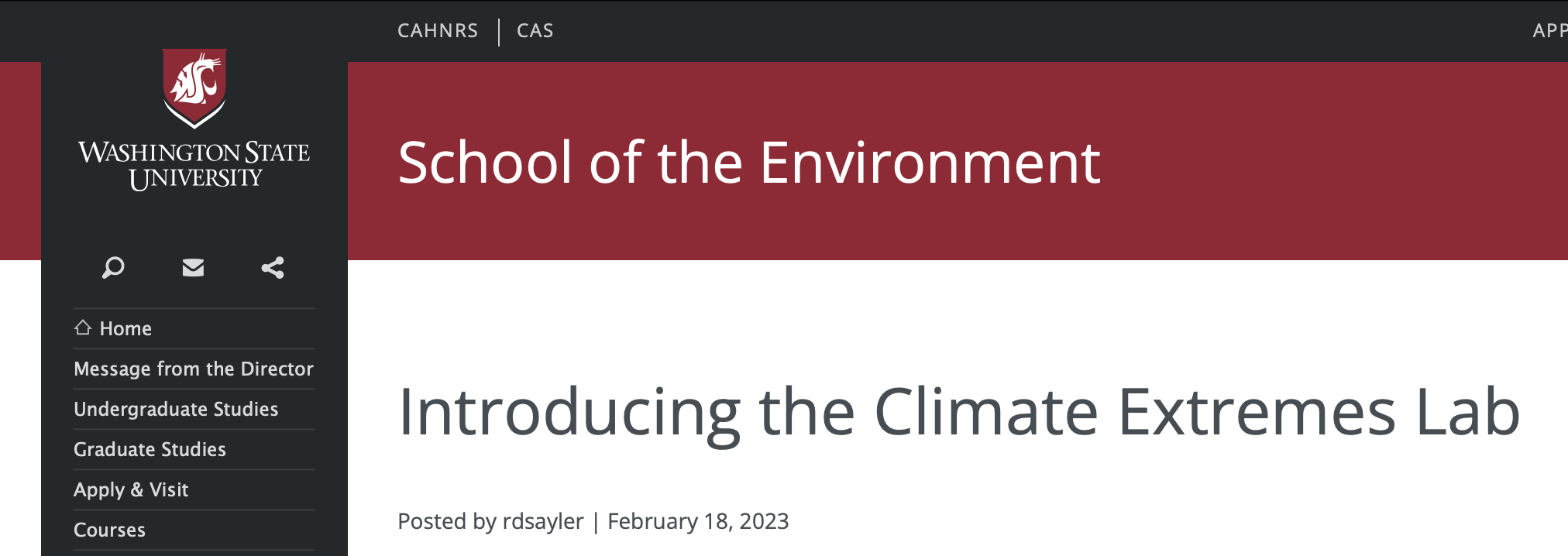
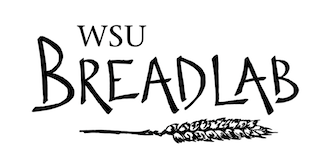
Through innovation and discovery, education and advocacy, WSU Breadlab is leading the movement to put nutrition and sustainability at the center of our conversation about food.
The Washington State University-led research draws on the expertise of climate and social scientists to show how data on different characteristics of climate variability can be used to study the effectiveness of various human responses to climate change.


Sustainable methods to produce synthetic ammonia for fertilizer can be cost competitive with the current fossil-fuel based method, according to a Washington State University study.
Other Organizations & Studies within the State:

The Climate Commitment Act (CCA) caps and reduces greenhouse gas emissions from Washington’s largest emitting sources and industries, allowing businesses to find the most efficient path to lower carbon emissions. This powerful program works alongside other critical climate policies to help Washington achieve its commitment to reducing greenhouse gas emissions by 95% by 2050.
We developed two regionally-specific guides for small forest landowners that describe the most immediate climate impacts on forests and potential actions landowners can take to increase climate resilience. We have one guide for western Washington and another for eastern Washington, which take into account the specific climate and ecology of each region.
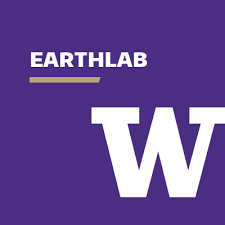
National & International:

National Climate Change Assessment
5th National Climate Change Assessment (NCA5). The latest research on Climate Change, produced by the US Global Change Research Program. Huge volume of material. Key subset to look at:
– Chapter 27, the Northwest (WA, OR, ID)
– Chapter 12, the Built Environment, Urban Systems and Cities
– Western Wildfires
Also, if you prefer videos to reading:
– Webinar Series
How Americans feel about Climate Change
Pew Research: How Americans feel about Climate Change. 10.25.2023

